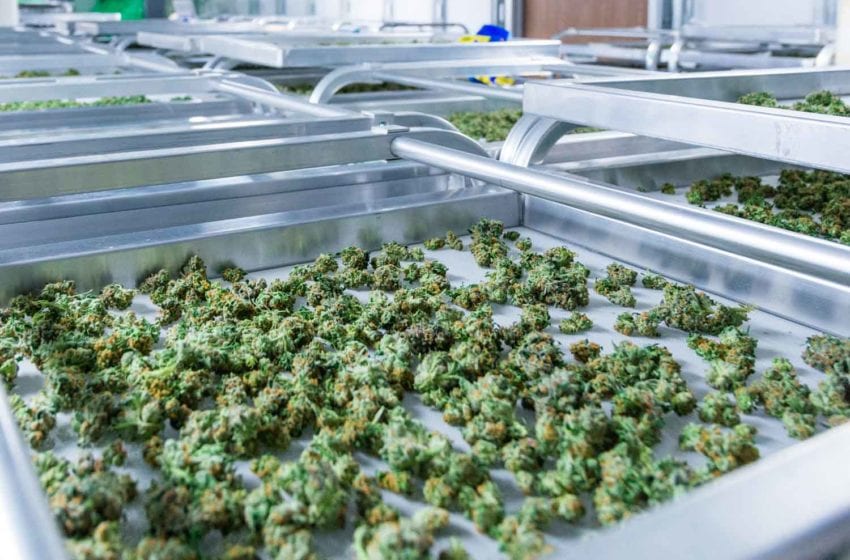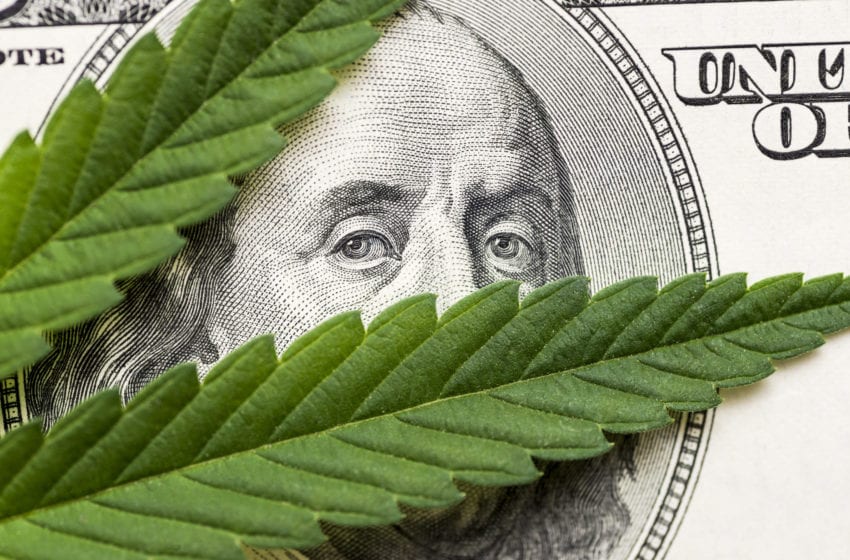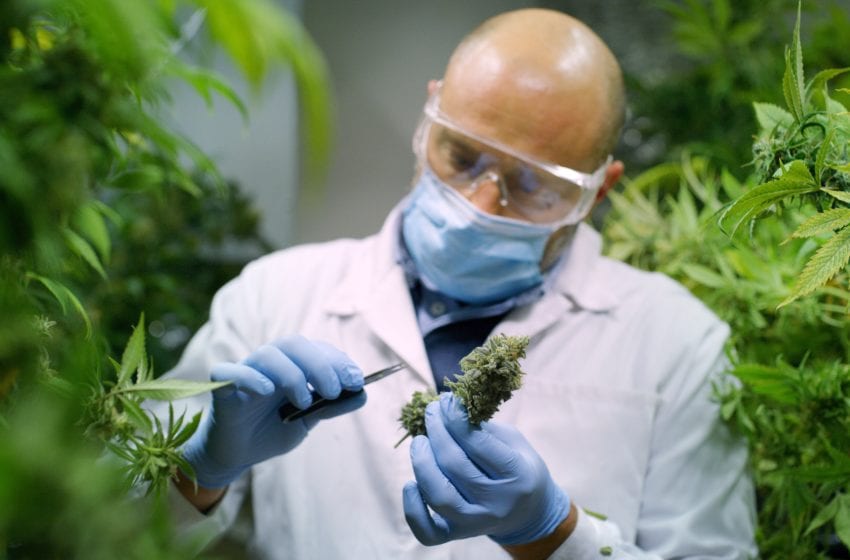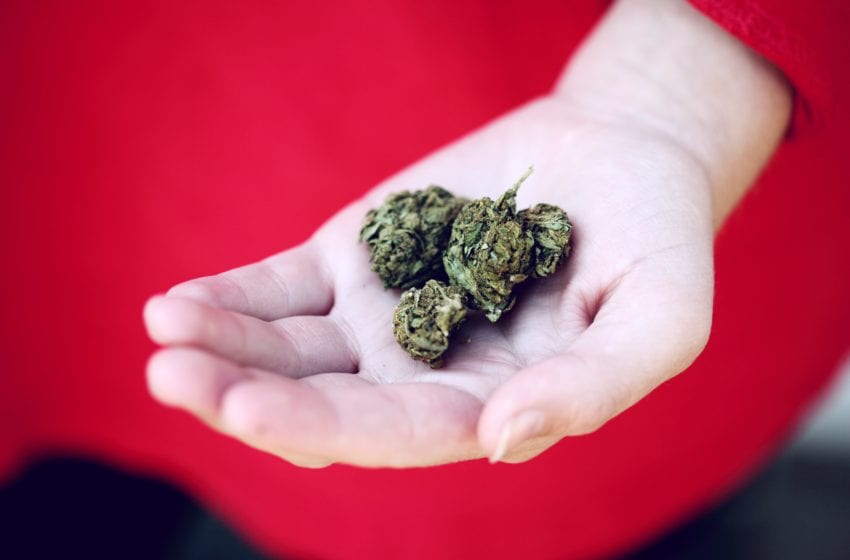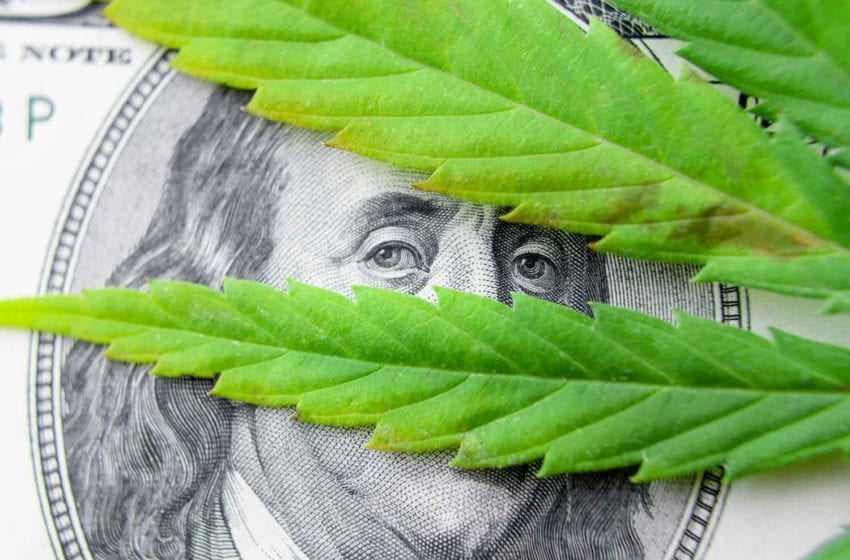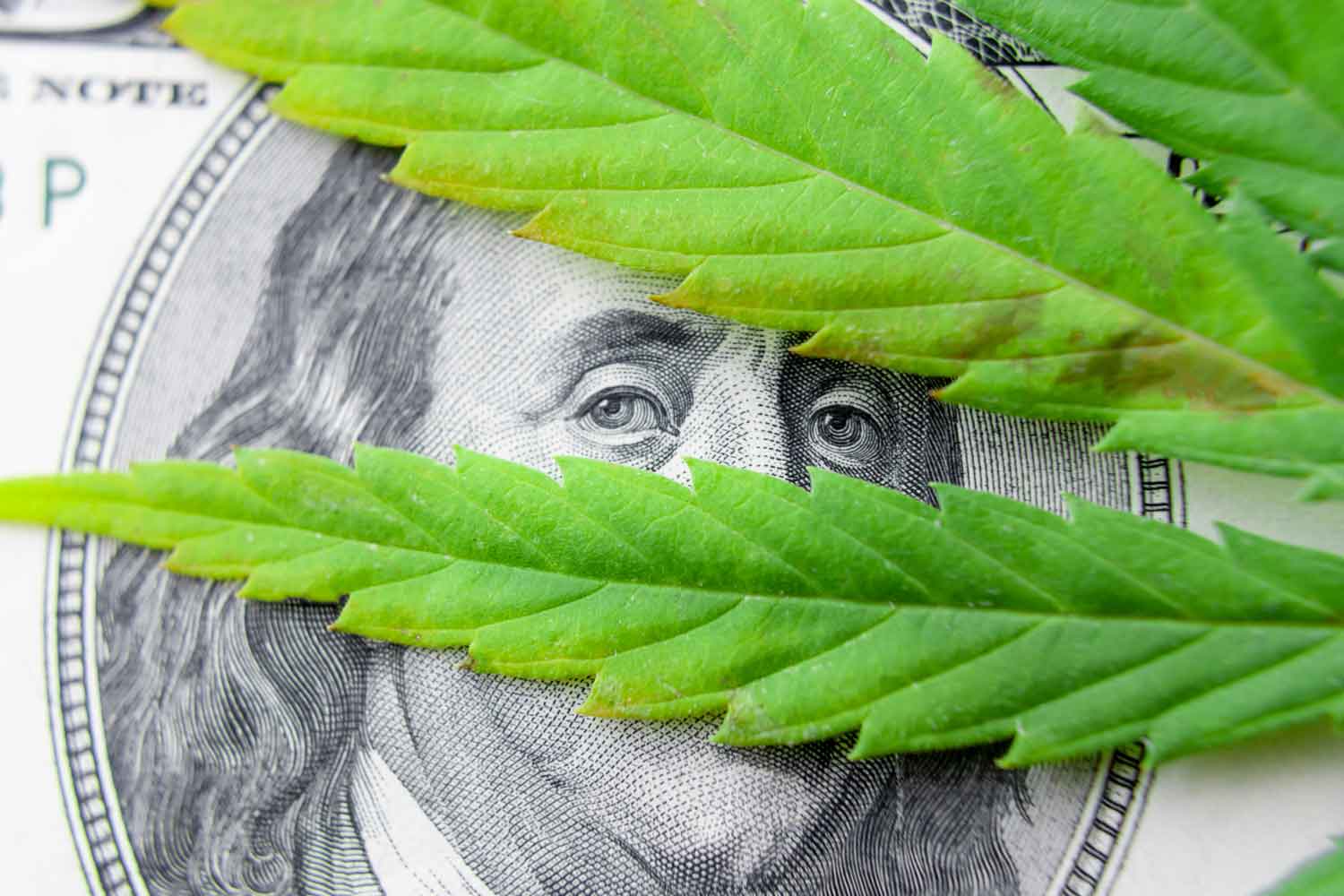
22nd Century Group has signed a definitive agreement to restructure its strategic investment in Panacea Life Sciences in line with the ongoing development of 22nd Century’s strategic partnership network.
Under terms of the agreement, 22nd Century’s existing $7 million note in Panacea will be exchanged for ownership of Needle Rock Farms, located in a Colorado hemp/cannabis growing location and valued at $2.2 million. The company will also receive a new $4.3 million note and $500,000 in Panacea equity. The new note is backed by a mortgage on the Panacea Life Sciences operations building located in Golden, Colorado, appraised at $10.7 million. Panacea will retain certain farm assets under its own nameplate of PANA Organic Botanicals at Needle Rock.
Also under the agreement, $7 million in Panacea Life Sciences Series B Preferred Stock held by 22nd Century will be converted into 91 million shares of Exactus as part of a business combination transaction via share exchange with Panacea under which Panacea will become publicly traded. The transaction is expected to be immediately accretive to 22nd Century.
“This exchange is an exciting leap forward for 22nd Century as we advance our upstream value chain strategy to bring highly disruptive hemp and cannabis plant lines to market. It is also highly attractive to 22nd Century on a financial basis, creating immediate value, asset-backed future value and potential future liquidity from an existing investment,” said James A. Mish, CEO of 22nd Century Group, in a statement.
“Needle Rock Farms is a world-class farming operation in a prime growing location where we already have plants in the ground toward our goal of revenue recognition from our cannabis franchise in the second half of 2021. We will also retain access to Panacea’s extraction, purification and testing equipment located in Golden, Colorado, for the benefit of our customers.”
“Rapidly growing demand means that mass cultivation is quickly becoming the critical challenge in the cannabis industry. Most existing plant lines do not exhibit the stable genetics, predictable yield or specific composition of cannabinoids required to fully unlock the value of the cannabis industry,” said Mish. “22nd Century can provide the stable, predictable plant solutions required to achieve true commercial scale and do so in as little as two years versus 7 to 10 years through traditional processes.”

